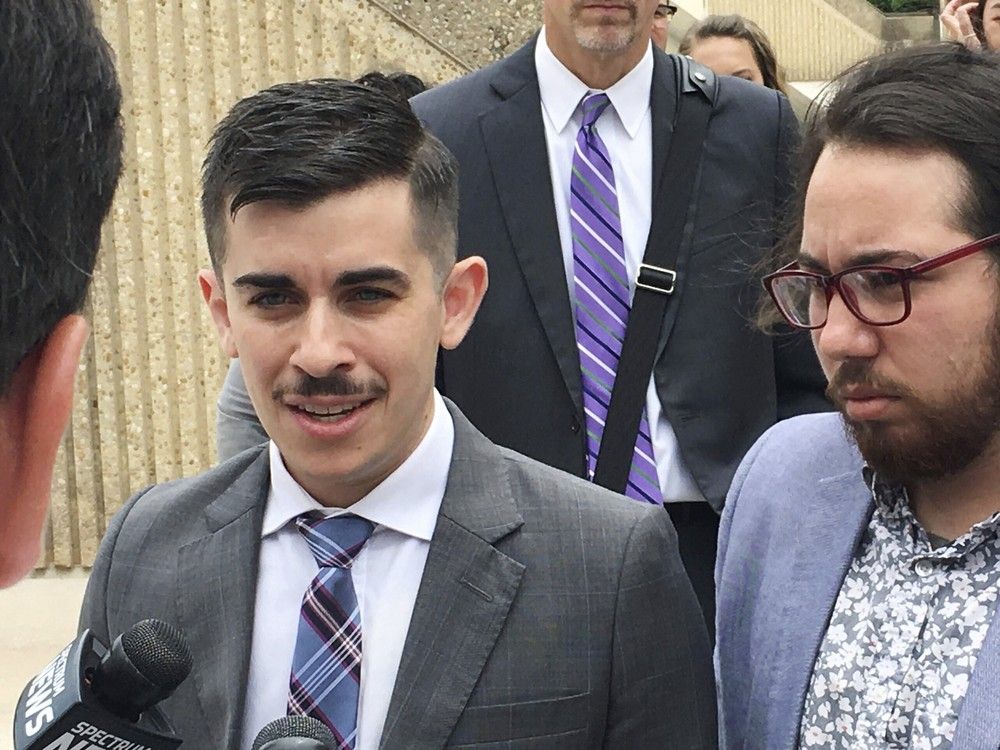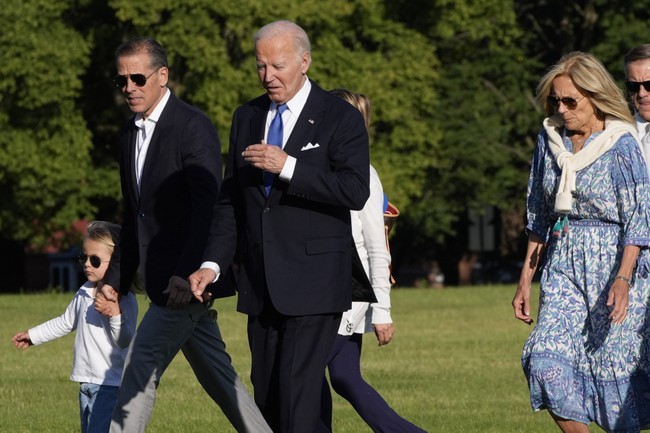California vs. Trump: Special Session Dynamics
Explore how California is gearing up for President-elect Trump's second term. With a special session, Gavin Newsom and lawmakers aim to 'Trump-proof' state policies against federal challenges.
Published December 03, 2024 - 00:12am

Image recovered from vanityfair.com
In a politically charged atmosphere, California has launched a special legislative session aimed at safeguarding its progressive policies from the anticipated challenges posed by a second term of President-elect Donald Trump. Led by Governor Gavin Newsom, this session is designed to serve as a preemptive measure against potential federal actions that may threaten the state's legislative framework on a variety of fronts including the environment, civil rights, immigration, and reproductive rights.
Newsom, a stalwart critic of Trump, has consistently painted this session as necessary to protect California's interests. Underpinning this legislative maneuver is the fear of rollback efforts on everything from environmental regulations to immigration policies. Notably, California has previously taken an adversarial position against Trump's policies, filing over 120 lawsuits during his first term with varied success. The state won significant victories in areas like blocking certain immigration enforcement conditions, and thwarting additions to the census that could have skewed demographic data against immigrant populations.
The special session, which kicked off in early December, is occurring under a backdrop of fiscal challenges. California is staring at a $2 billion budget deficit, complicating the Governor's plans to seek additional funding for the Attorney General's office. This funding is seen as critical to launch robust legal defenses against expected federal mandates. The session's strategic timing is essential as legislative outcomes are envisioned to take effect by the time Trump assumes office.
Doubts have been raised regarding this legislative approach. Critics, including some financial analysts, argue that the special session is both redundant and potentially wasteful. Opponents cite the already significant funding allocated to the state's Department of Justice, questioning the need for further expenditure amid an ongoing budget deficit predicted to widen in the coming years. Moreover, detractors point to pressing issues plaguing the state—like rising unemployment and stagnating economic growth—which they believe should take precedence over partisan maneuvers.
Nevertheless, state policymakers have rallied behind Newsom, who publicly stated California would be 'the tip of the spear' in defending its sovereignty from federal overreach. New legislative measures focus on upholding reproductive rights, implementing stringent environmental standards, and protecting undocumented immigrants from mass deportation—a policy aggressively touted by Trump during his campaign. California's recent legislative measures also project the state as a pioneer in environmental reforms, notably through an ambitious commitment to transitioning to electric vehicles by 2035—a stark contrast to potential federal rollbacks.
The special session has not escaped criticism from partisan quarters, with Trump and his allies labeling it as a political stunt. In a time of national conciliation, some argue for cooperative dialogues between state and federal governments rather than combative posturing. Still, for California—a state whose values often clash with the federal agenda under Trump's presidency—the session represents a proactive stance in preserving its policy autonomy.
California's commitment to maintaining legal support against pivotal federal policies signals a tactical resilience reflective of its pursuit to lead in progressive policymaking. As this session unfolds, California continues to prepare for possible contentious interactions with the incoming Trump administration, poised to extend its legal fights into Trump's resumed presidency.






